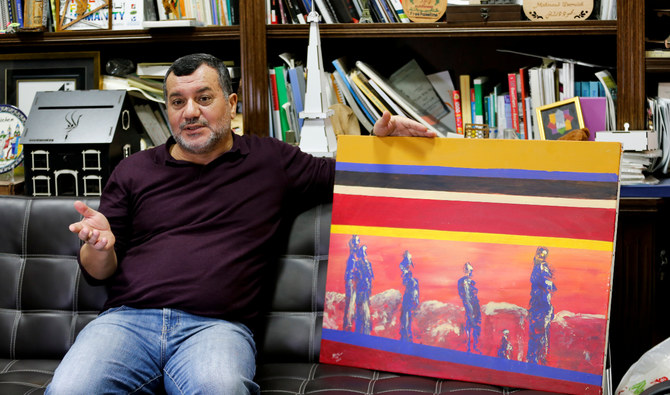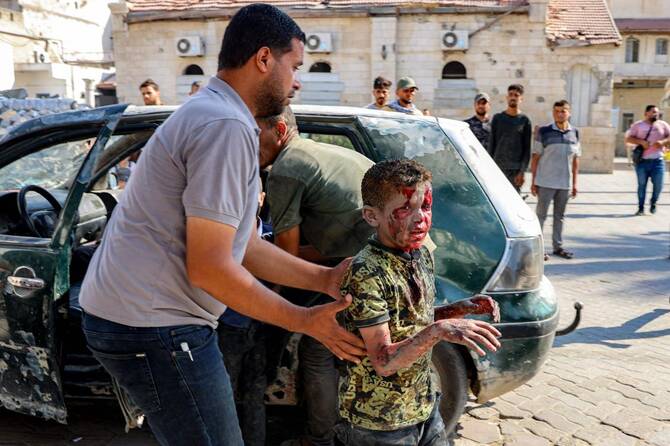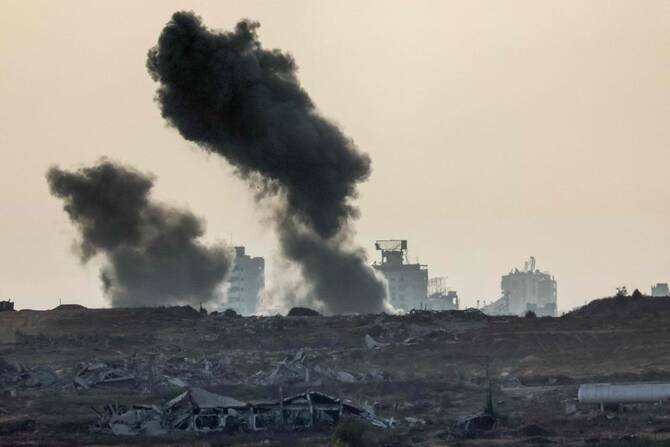BETHLEHEM: A giant Christmas tree takes pride of place in Bethlehem’s Manger Square, between the Church of the Nativity and a mosque adorned with lights cascading down its walls.
But there is more to the Palestinian city than its biblical significance, say organizers of the Bethlehem Cultural Festival, which promotes other aspects of the place revered as the traditional birthplace of Jesus.
The annual festival features dance, music, art and culinary events in a city whose main source of income — overseas tourists — has been decimated by the coronavirus pandemic.
“Around Christmas, the world prays to Bethlehem, but actually most people don’t know that Bethlehem is in Palestine,” said festival participant and chef Fadi Kattan as he selected fresh mint from a vegetable market.
“I cook, Umm Nabil sells herbs, there are dance troops, there are artists.”
Bethlehem lies five miles south of Jerusalem in the Israeli-occupied West Bank, which Israel captured in a 1967 war along with the Gaza Strip and East Jerusalem.
The city is cut off from Jerusalem by an Israel wall, which Palestinians condemn as a land grab but Israel defends as a security measure to protect itself from attack. Talks between the sides collapsed in 2014.
For festival co-founder, Abdelfattah Abusrour, its aim is to show the world that Bethlehem exists as a living city outside the pages of history and the Israeli-Palestinian conflict.
“It’s not just a religious place,” Abusrour said. “It’s full of life, culture, art, beauty, hospitality and generosity of people — despite living under occupation.”






















